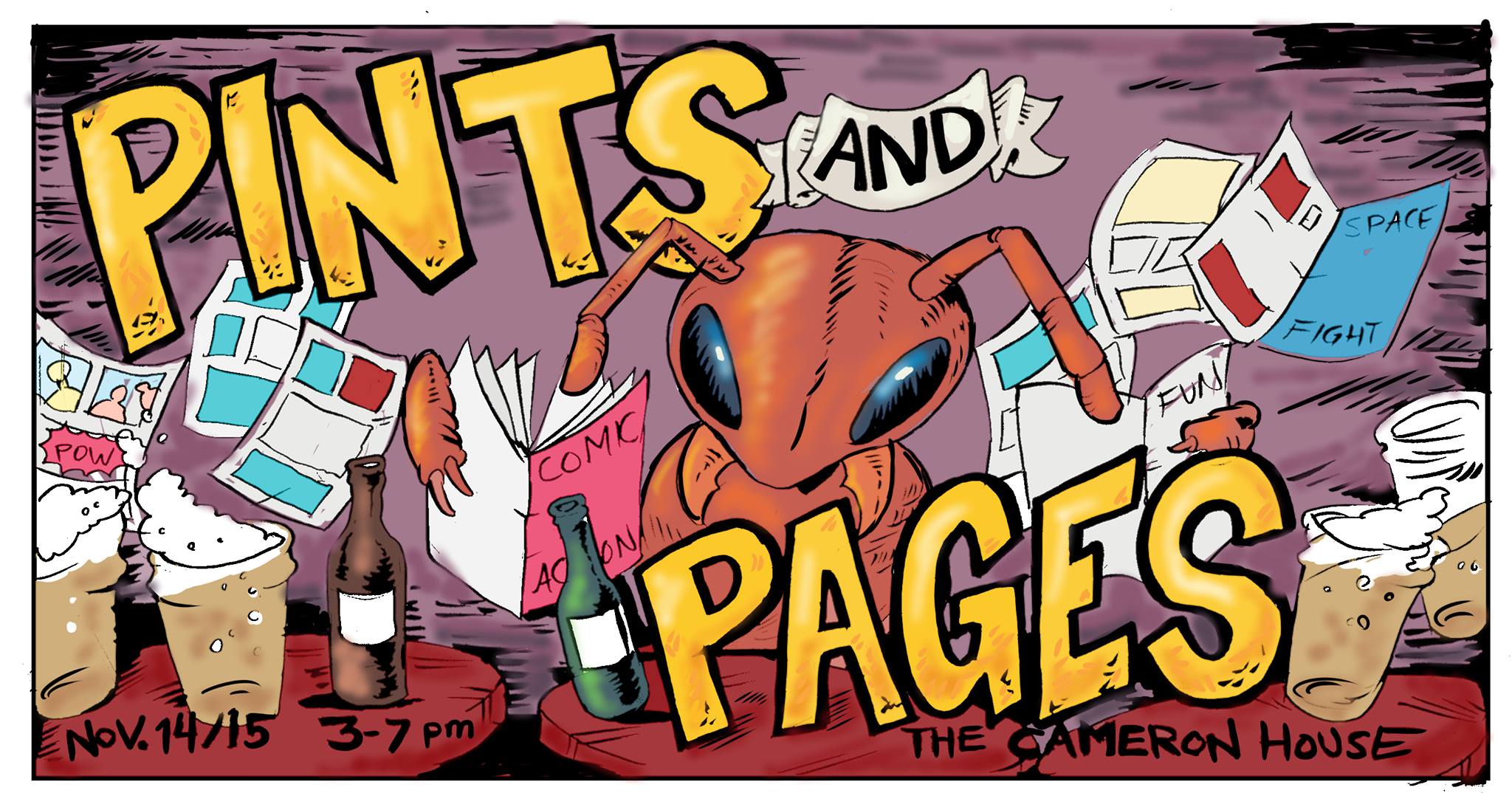When it comes to video games, music plays a pivotal role in shaping the overall player experience. For generations, iconic soundtracks have left an indelible mark on people’s memories, resonating with gamers and audiophiles alike. While many don’t realize it, the process of creating these vibrant audio landscapes is as innovative as it is intricate. This blog post delves into the art and science behind these soundtracks, unpacking how producers make music for video games that breathe life into their digital worlds.
The Role of Music in Video Games
Video game original soundtracks (OSTs) embellish gameplay with an array of soundscapes that intensify emotions and enhance narratives. Whether it takes the form of adrenaline-fueled beats accompanying fast-paced action or solemn melodies in poignant scenes, music is a silent narrator. It guides the emotional arc of a game. Music can signal impending danger, celebrate victories, and provide auditory cues for gameplay mechanics. Compositions serve as nonverbal language that transcends the visual elements on screen.
The Creative Process
Creating an OST begins with a conception phase. Game developers and music producers collaborate to outline the audio needs based on the game’s theme, genre, plot, characters, and environments. Once they’ve laid the groundwork, composers craft melodies employing various instruments and synthesizers to generate a diverse palette of sounds. Looking at the stages of music production highlights the complexity of the process.
Technical Considerations
The technical side of video game music production often goes unnoticed but is essential for ensuring that the music functions optimally within the game environment. Producers must consider the limitations of audio file sizes, loop points, and crossfades to ensure the soundtrack works seamlessly without overwhelming the game’s processing capabilities. Once they’ve achieved this, sound engineers must fine-tune the audio to achieve the best quality and consistency across various gaming platforms.
The Cultural Significance of OSTs
Beyond their in-game responsibilities, video game OSTs have forged their own path in the music industry. Concertgoers celebrate them, and fans remix them. OSTs even stand alone as significant musical works, which is a testament to the fact that game soundtracks are more than just background noise. They’re an integral part of gaming culture and a dynamic branch of the music industry. For gaming enthusiasts, understanding the work that goes into the music enriches the appreciation of their favorite titles. Today, the humble OST is breaking the boundaries of traditional music making and having a significant cultural impact.
Appreciating a Truly Beautiful Craft
Creating an OST for a video game is as dynamic a process as making the games themselves. It’s a fusion of creativity, technology, and passion—an audible expression of the game’s soul. With each new title, music producers evolve and refine their approach, ensuring that the soundtracks continue to captivate and inspire. Whether you’re a gamer, a music lover, or a creator, learning how producers make music for video games will give you a whole new appreciation for the craft.































